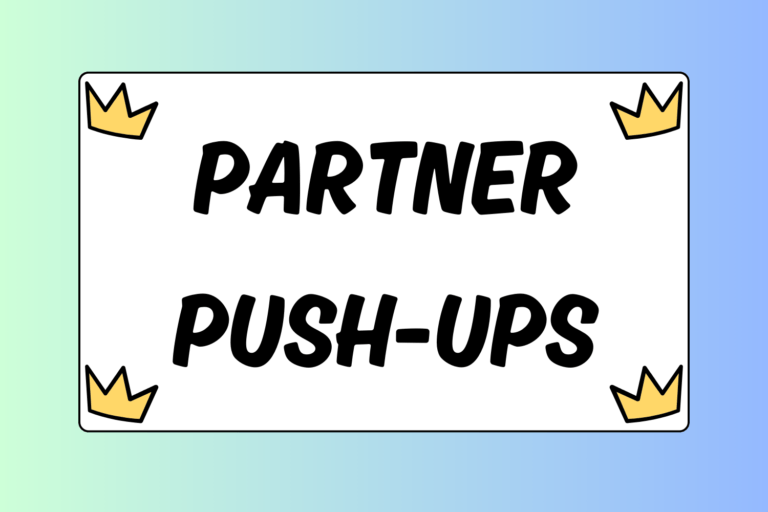The Cadet and Junior National Championships, informally known as the “Fargo Nationals,” is the premiere youth event in the United States. Every summer, wrestlers from every state travel to this tournament, which is held at the Fargodome in Fargo, North Dakota. There, they test their skills against the best competition in the country in freestyle and Greco-Roman wrestling.
If you are a serious competitor at the youth or high school level, you should absolutely be working towards qualifying for and placing at this prestigious tournament. This guide will teach you everything you need to know about competing in Fargo, including how to qualify and what to expect from the experience.
What to Expect
Any wrestler who has ever competed in Fargo can attest that there is no other youth tournament like it. Fargo is the largest and most competitive tournament for cadets and juniors within the borders of the United States; needless to say, there is a unique, “big tournament” atmosphere to it.
Each weight class is extremely tough and typically contains a large number of competitors. It is not uncommon to have 150+ wrestlers in a particular weight class! The competition spans over a seven- or eight-day period, and the best eight wrestlers in each weight class place. At the conclusion of each style and division, an exciting and spectacular championship final is wrestled on a platform at the center of the Fargodome!
Competing in Fargo is invaluable for wrestlers who wish to excel at the highest levels of wrestling, such as collegiate and international levels. College coaches and scouts attend Fargo, looking for the best up-and-coming talent — and knowing that makes the competition even more serious. Essentially, competing in Fargo is your first step to “making it” in wrestling.
Fun Fact:
Despite the uncanny level of competitiveness at this tournament, there is a strong sense of community among the wrestlers. An example of this is the annual “bizarre,” or flea market, that is held outside of the arena. There you will find wrestlers selling and trading different types of merchandise, including singlets, wrestling shoes, and other wrestling memorabilia. When packing, bring some extra equipment that you may want to trade or sell, or some extra cash in case you see anything you want to bring home.
How to Qualify
In order to compete in Fargo, you must earn your spot by qualifying. Once you qualify, you will be placed on your state’s national team. Then you and the other top cadet and junior wrestlers from your state will compete as individuals in freestyle and/or Greco-Roman wrestling at Fargo. Because there are various ways you can qualify, the number of wrestlers on a state team will vary greatly, especially within each particular weight class. Below you will find the different ways that you can qualify.
Place at a Regional Tournament
There are currently six regional tournaments that are hosted each spring. Placing in the top three at one of these tournaments automatically qualifies you to represent your state at the national tournament for the specific style, division, and weight class in which you placed. (Ex. Cadet Greco-Roman division, 103 pounds). The six regional tournaments are as follows:
- Western
- Central
- Northern Plains
- Southern Plains
- Northeast
- Southeast
Each of these tournaments varies in the level of competition due to the size and strength of the wrestling in each area. A wrestler from any state may travel to any region in order to compete, and may compete in as many regional tournaments as he wishes. This is a great option for any wrestler who did not qualify through his state tournament.
Hot Tip: Choose Wisely
Since some regional tournaments are tougher than others, traveling to a less-competitive regional tournament will allow you to qualify much easier.
Place at Your State Tournament
The most popular way wrestlers can earn their spots at nationals is by placing at their state tournaments. Generally speaking, the top three place-winners qualify for the national tournament in each weight class and division. However, the number of qualifiers may vary depending on the size of your state and its perceived competitive strength; some states qualify more and some qualify less. Check with your state’s USA Wrestling association for more information on the number of qualifiers allowed for your state.
Petition
If you know you would be competitive in Fargo, but did not do well at the qualifying tournaments, don’t sweat it. There are some cases in which you may petition to be placed on your state’s national team. Essentially, petitioning is an application process where certain wrestlers are selected based on the need for a wrestler in a specific division or weight class.
If you petition and are accepted, you may be asked to compete at a different weight or in a different style than you are used to. You may have to make a sacrifice in order to compete, but it will be worth it for the experience. Talk to your coach or contact your state association for more information on how to petition to be on your state’s national team.
Funding the Trip
Competing at the national championships is an invaluable experience, but it’s also one that can hurt the pocketbook. You will have many expenses, including:
- State team’s gear
- Travel expenses
- Tournament entry fees
- Room and board
- Spending money
Generally speaking, the trip will cost you between 1,000 and 2,000 dollars, depending on which state you are from. Additionally, wrestling in both styles of wrestling, as opposed to just one, will increase the cost of the trip. On the chance that you don’t have this money lying around, here are a few ways to help fund your trip:
- Donations from local businesses
- Fundraising with teammates
- Summer job(s)
For more details on these fundraising ideas, as well as others, check out our guide on Fundraising Ideas for Wrestling.
Training Camp
Before you embark on your journey to Fargo, your state will typically hold some kind of training camp, or series of camps, to help you prepare for the high level of competition. Each state’s training camp might be organized a bit differently. Some states may hold freestyle and Greco-Roman camps together in one facility, while others allow team members to train in different locations at the same time. Either way, here are a few tips that should help you benefit from your state’s training camp(s):
- Show up on weight: It’s extremely difficult to focus on your training if what you weigh is a lot more than your competition weight. It’s best to come into camp weighing only about 5-10 pounds over the weight class you will be entering.
- Refine your technique: You will likely learn new techniques and strategies at your training camp and by all means, use them! However, don’t forget what got you there in the first place. Make sure to drill the techniques and strategies you know you can be successful with.
- Pick a good partner: There will be a ton of tough wrestlers at your training camp; however, some will make better training partners than others. Make sure to work out with a partner (or multiple partners) that wants to work hard and is willing to help you prepare in the specific ways you need.
- Take it seriously: You will be surrounded by new people and you will likely make friends with your teammates. However, don’t mistake your training camp experience for a recreational summer camp. Your job is to train hard and compete to the best of your ability!
Packing for Fargo
Like any other camp- or competition-related travel plans, you will need to be prepared to pack a considerable amount of clothing, gear, and other accessories. However, since you will typically leave the training camp and go directly to the tournament, you will need to pack a bit more than usual. You should pack enough for 7 to 10 days.
You will also need to pack certain things to help you prepare for the summer’s heat (in which you’ll be training). These include:
- A personal fan
- A reusable water bottle
- Warm-weather clothes (tank tops, shorts, etc.)
Check out our guide on How to Pack for Wrestling Camp for more information on what you will need to bring.
Plan Early
The key to qualifying for and competing successfully at Fargo is planning. The earlier you decide you want to compete in this tournament, the easier it will be to prepare for it. For more information on what you’ll need to prepare for Fargo, check out the Related Guides section at the top right-hand side of this page. Good luck!





